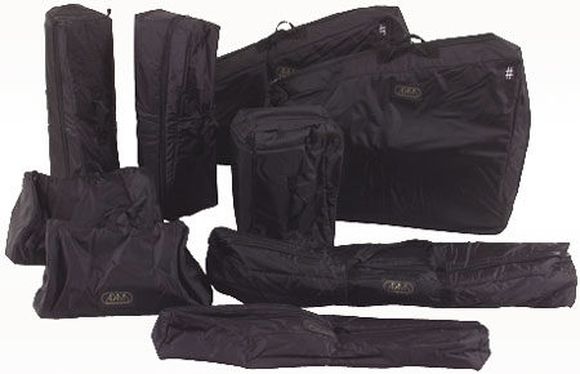9. Repair and Maintenance
Instrument Cases
Learning proper instrument maintenance can save you costly repairs. One way to protect your instruments is to buy cases for them. Cases come in several varieties, from soft bags to hard cases made from either fibre or plastic. Every instrument needs a case. Some people make the mistake of buying an expensive instrument and then choosing to transport it in a cheap case or forget to buy one entirely. Hard cases offer the most protection for your instrument but soft cases can suffice in many situations.
User tips
Instrument misuse is a frequent cause of the need for repair. Using the appropriate mallets for your instrument will save you from having to replace the bars on your keyboard percussion instruments. Remember: never use metal or plastic mallets on a xylophone, marimba or vibraphone. Avoid storing instruments in very cold or hot areas and try to keep the bars of the instrument dry. For this reason, never wipe the bars with a wet cloth. Never use a cleaning product if the bars are dusty, just wipe them with a dry cloth. Keeping the instrument covered when not in use will help keep it clean. Occasionally, after years of use a mallet instrument may need to be retuned by shaving the bars.
With glockenspiel, chimes and vibraphone the danger of oxidation exists. Unless its necessary to mute a notes sustain, avoid touching the bars of these instruments since they may be tarnished by salt and oils on your skin. Many manufacturers are working with new materials and coatings to prevent oxidation. Tubular bells in particular are susceptible to oxidation and detune easily.
Sometimes bass drums can have tension rods loosen and fall out. If you notice any rattling while playing your drum, take a moment to check it over since the culprit could be a loose screw. Regular tuning and inspection of your drum can prevent the loosening and eventual loss of screws and washers.



